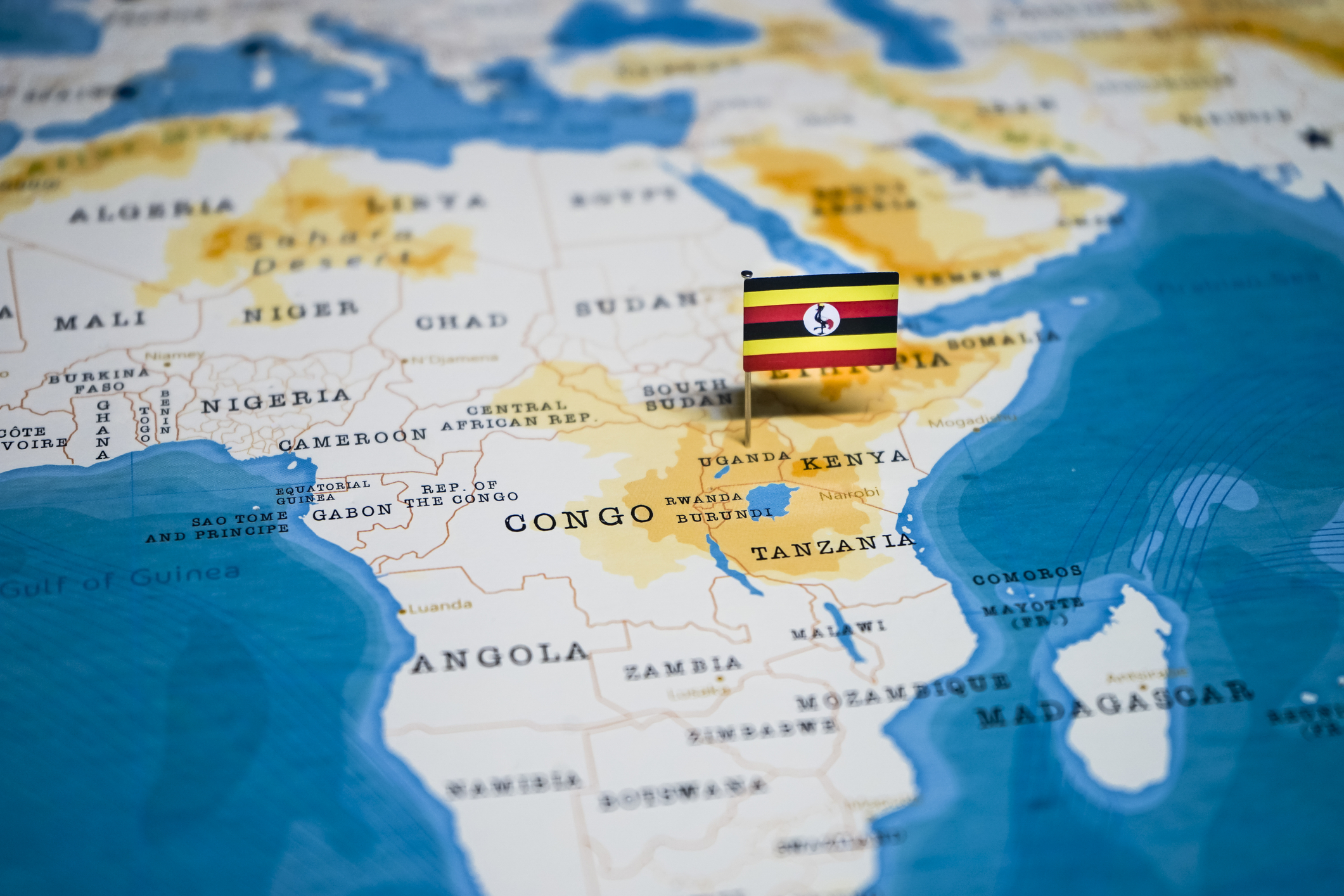At this early stage of a new partnership between The Open University UK and Uganda’s Makerere University, it helps to draw on a few reflections from history and to envision the future of a potentially ground-breaking partnership. A key consideration is the double-edged edged sword facing Makerere of both wanting to maintain its historical reputation in Sub Saharan Africa based on colonially rooted systems and aiming to carve out a new path that is Africa-centred, decolonised and yet globally connected. On the one hand, Makerere had emerged as the leading university in the region based on foundations that were questionable on grounds of, not least, low recognition of local culture and knowledge. On the other hand, Makerere needed and needs to secure its leadership by repositioning and reinventing itself in embracing what is African, while keeping globally connected. It is a delicate balancing act of identifying what is useful from the past and integrating it with the new focus.
One of the most important attributes that the OU brings as a partner in developing and widening Open and Distance Learning (ODL)-based higher education is being free of baggage, by virtue of its young age, that many old universities carry from colonial history. It is therefore arguably well equipped to approach current debates like decolonising curricula with fresh eyes and a clearer conscience. How the partnership can benefit from this background was already given preliminary indication as the two institutions co-hosted the first Open Impact Conference in Kampala, Uganda in December 2019. Some of the paramount issues that need to be addressed in an international partnership between a partner in the Global South and one in the Global North were noted in various presentations. Of fundamental importance is the need to develop new theories that are not predominantly rooted in northern experiences and logics and mistakenly assume that these have universal efficacy. The ongoing discourses on decolonising curricula have this theoretical reconsideration as a core objective in part. In essence, the implication is that knowledge exchange needs to be more balanced and bidirectional in a modern-day partnership. Such an approach revises the colonially rooted dismissal of the value of cultural and epistemological diversity and the need for corresponding adaptations of pedagogy, especially in international educational partnerships.
More broadly, the possibility to develop a shared understanding of racial equality is arguably one of the most important opportunities that a north-south Higher Education (HE) partnership offers. It primarily opens a rich space to critically explore the past, open up about the present, express concerns and raise awareness, in mutual respect. Ultimately, such a strategy will help build bridges to a more global, yet equally localised view with benefit for both institutions. Central in this new approach to partnership in higher education is the recognition of teaching and learning cases as powerful instruments for developing racial equality in imagery, content, practice and theory. The recognition is a reflection of how outdated it has meantime become to predominantly use imagery and cases from the Global North in international teaching and learning. As a result, the new partnership has potential to develop as a reference in efforts to revise curricula that can expose learners to a more balanced and accurate world view. In light of the enhanced importance of ODL following the COVID-19 global health pandemic, making such pedagogical and relational revisions takes on strategic importance as an element in strengthening the resilience of internationally accessible higher education.
Last, but not least, there is an opportunity to develop a shared understanding of the evolving 'commonwealth' in education. This evolution is bound to become critically important on the UK’s post-Brexit journey. By positioning the partnership to develop as one of the many change agents that will need to be mobilised in building a new global role for the country, this again assumes strategic proportions when combined with similar efforts elsewhere.
In conclusion, there is an opportunity to leverage Makerere's leading position in Sub Saharan Africa and OU's international position in ODL to attain mutually beneficial value in higher education.




Rate and Review
Rate this video
Review this video
Log into OpenLearn to leave reviews and join in the conversation.
Video reviews